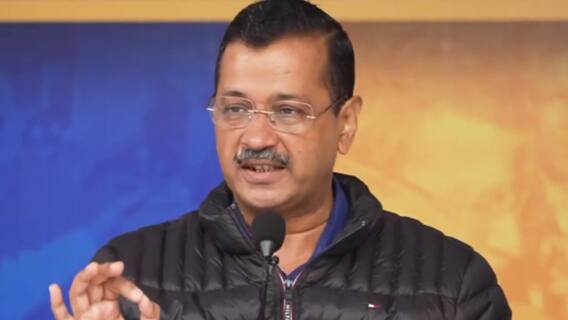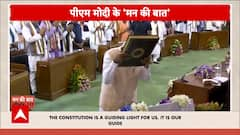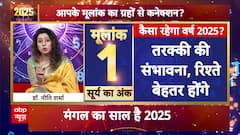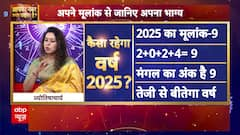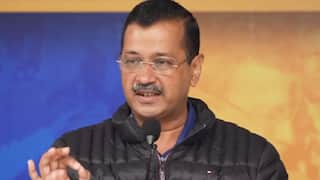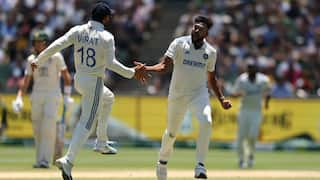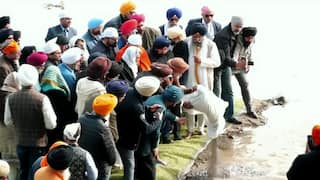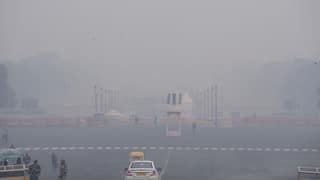Petitioner Rajeev Chandrasekhar is all praises for SC ruling on Right to Privacy

Bengaluru (Karnataka) [India], Aug 24 (ANI): Welcoming the landmark ruling of the Supreme Court on the Right to Privacy, MP Rajeev Chandrasekhar, one of the petitioners in the issue, on Thursday said that with digitisation of the economy, it is important to have a right against misuse of information.
"It becomes much more relevant as more and more digitisation is taking place. The consumers of India do not have adequate protection against the misuse of the data or the information, with the intrusion of technology into their lives," Chandrasekhar told ANI.
Chandrasekhar said he is glad that the apex court has upheld the Right to Privacy as "a fundamental right", even when few bureaucrats and the system insisted that the state had an absolute right and a private companies had no obligation using the data of consumers.
"We argued that the privacy is a fundamental right, it is not an absolute right, it can be subject to some restrictions. But there cannot be any doubt that India, under the Constitution, which enjoys the right to free speech, subject to restriction, must enjoy the right to privacy under some restrictions," he said.
Chandrasekhar insisted that the ruling effectively creates obligation and responsibility of all those companies or government organisations that deal with Indian citizens, their information and their access to their lives.
"They have to do this in a manner that is responsible and does not infringe on the privacy of a citizen," he added.
In a landmark judgement, India's top court today upheld the Right to Privacy as "a fundamental right."
The Supreme Court overruled the M.P. Sharma (1962) and Kharak Singh (1954) judgement and held that the Right to Privacy is a fundamental right under Article 21 of the Indian Constitution, in a unanimous decision (of the nine-judge bench).
The verdict was given as soon as the nine-judge Constitution bench of the apex court resumed the hearing on the case on Thursday morning.
Following this, a five-judge constitutional bench will decide whether the Aadhar violates the Right to Privacy or not.
The Supreme Court, earlier on August 2, had reserved its judgement over the issue of whether right to privacy is fundamental or not.
On July 26, the Centre told the apex court that there is a fundamental right to privacy, which is a 'wholly qualified right' too.
The Centre made this submission before the nine-judge Constitution bench.
Attorney General, K.K. Venugopal told the apex court that "privacy, as a fundamental right, could have been mentioned in Article 21, but has been omitted. Right to life transcends right to privacy".
In special circumstances, the government can interfere in a matter that comes under a wholly qualified right. An absolute right cannot be reduced or amended.
Earlier on July 20, all the petitioners had completed their argument in the apex court. The petitioners contested that the twelve-digit biometric unique identification card raises privacy threat.
On June 10, the top court had ruled that from July 1 onward, every person eligible to obtain Aadhar card must quote their Aadhaar number or their Aadhaar Enrolment ID number for filing of Income Tax Returns as well as for applications for Permanent Account Number (PAN).
The Income Tax Department has stepped up its efforts to encourage people to link their PAN with Aadhar. (ANI)
This story has not been edited. It has been published as provided by ANI
Trending News
Top Headlines






